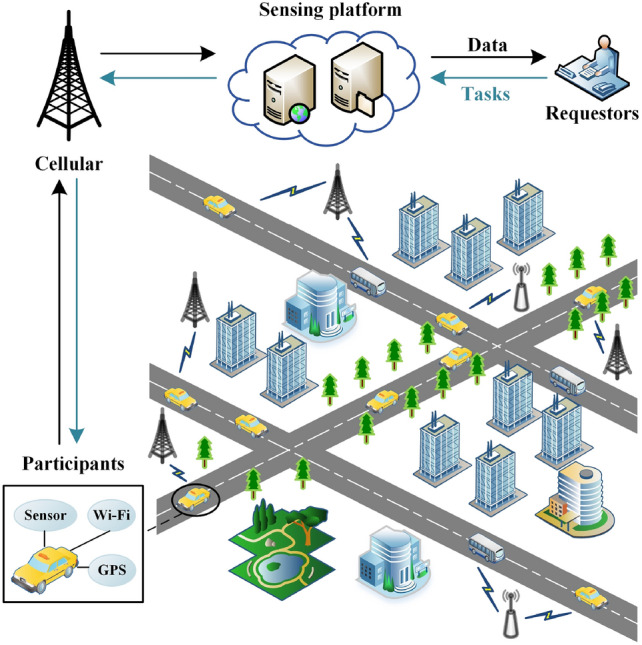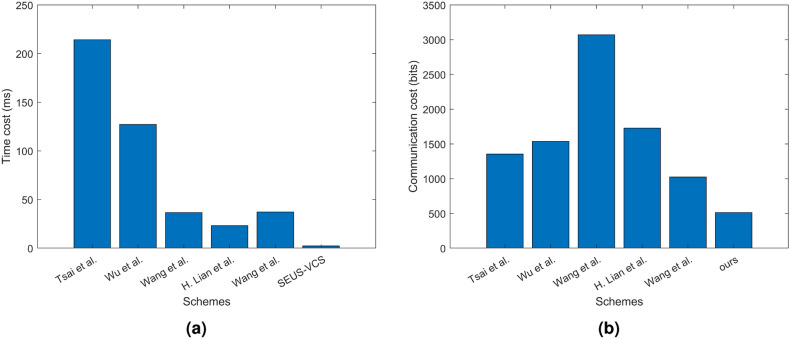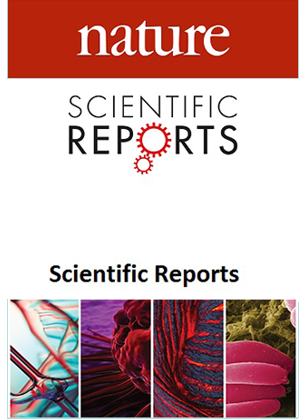一种安全高效的车辆群体感知用户选择方案。
摘要
在物联网和汽车技术快速发展的背景下,智能网联汽车的出现为汽车众感(vehicle crowdsensing, VCS)提供了技术基础。这种新兴的传感模式有利于减少与数据收集相关的财务和时间成本,并提高数据质量。用户选择不当可能导致传感数据冗余,从而降低传感任务的质量。目前的用户选择方案存在以下不足:(1)隐私保护和数据安全往往被忽视,导致用户参与意愿降低。(2)数据质量保障不足、高维冗余数据处理面临的挑战依然突出。(3)密钥交换协议依赖于传统的加密算法,难以符合中国的加密标准,开销较大。为了解决这些问题,本文提出了一种安全高效的车载众测用户选择方案SEUS-VCS,这一新颖的框架开创了安全高效的用户选择框架。采用基于SM2 (Shang Mi Two)数字签名的密钥交换协议,保证数据传输的安全性,包括签名的正确性和会话密钥的正确性。为了保护用户隐私,生成假名,在保证可追溯性的同时实现用户匿名。此外,结合主成分分析(PCA)和长短期记忆(LSTM)网络的优势,构建了基于主成分分析-增强型长短期记忆(PCA- enhanced LSTM)模型的预测模型。该模型利用PCA对数据进行降维,消除冗余信息,再利用LSTM对时间序列数据进行处理,捕捉长期依赖关系,实现更准确的用户信用预测,筛选优质用户,提高感知数据质量。安全性分析表明,在Canetti-Krawczyk (CK)模型和DDH (Decisional Diffie-Hellman)安全假设下,SEUS-VCS方案满足会话密钥的安全性。性能评估表明,与其他密钥交换方案相比,SEUS-VCS方案在支持国家加密算法和匿名性方面具有显著优势。与计算成本最低的方案和通信成本最低的方案相比,SEUS-VCS方案的计算成本降低42%,通信成本降低50%。SEUS-VCS方案在减小损失函数(loss)、均方误差(MSE)和平均绝对误差(MAE)方面具有优势,预测结果与真实数据吻合较好。性能评价表明,与MSE和MAE性能最好的LSTM基准相比,SEUS-VCS方案的MSE和MAE分别降低了47%和10%。该方案不仅适用于风险投资领域,也可为其他涉及信用预测和激励机制的领域提供借鉴。



Against the backdrop of the rapid development of the Internet of Things and vehicle technology, the emergence of intelligent connected vehicles provides a technological foundation for vehicle crowdsensing (VCS). This emerging sensing paradigm is beneficial for reducing financial and time costs related to data collection and improving data quality. Inappropriate user selection may lead to redundant sensing data, consequently degrading the quality of sensing tasks. At present, user selection schemes have the following lacks: (1) Privacy protection and data security are often neglected, resulting in reduced user participation willingness. (2) Insufficient data quality assurance and challenges in processing high-dimensional redundant data remain significant issues. (3) Key exchange protocols rely on traditional cryptographic algorithms, which struggle to comply with Chinese cryptographic standards and incur high overhead. In order to solve these problems, this article proposes a secure and efficient user selection scheme in vehicular crowdsensing, named SEUS-VCS, a novel framework that pioneers secure and efficient user selection in VCS. It adopts a key exchange protocol based on Shang Mi Two (SM2) digital signature to ensure the security of data transmission, including the correctness of signatures and session keys. To protect user privacy, pseudonyms are generated to achieve user anonymity while ensuring traceability. In addition, a prediction model based on principal component analysis-enhanced long short-term memory (PCA-Enhanced LSTM) model is constructed by combining the advantages of principal component analysis (PCA) and long short-term memory (LSTM) network. The model uses PCA for data dimensionality reduction to eliminate redundant information and then employs LSTM to process time series data, capture long-term dependencies for more accurate user credit prediction, screen high-quality users, and improve perceived data quality. Security analysis demonstrates that under the Canetti-Krawczyk (CK) model and the Decisional Diffie-Hellman (DDH) security assumption, the SEUS-VCS scheme satisfies the security of session keys. Performance evaluation indicates that compared to other key exchange schemes, the SEUS-VCS scheme shows a significant advantage in supporting national cryptographic algorithms and anonymity. Compared to the scheme with the lowest computational cost and the scheme with the lowest communication cost, the SEUS-VCS scheme reduces computational cost by 42% and decreases communication cost by 50%. The SEUS-VCS scheme has advantages in reducing loss function (Loss), Mean Square Error (MSE), and Mean Absolute Error (MAE), and the predicted results match the true data very well. Performance evaluation indicates that compared to the LSTM baseline, which has the best MSE and MAE performance, the MSE and MAE of the SEUS-VCS scheme are reduced by 47% and 10%, respectively. This scheme is not only applicable to VCS, but can also provide reference for other fields involving credit prediction and incentive mechanisms.

 求助内容:
求助内容: 应助结果提醒方式:
应助结果提醒方式:


